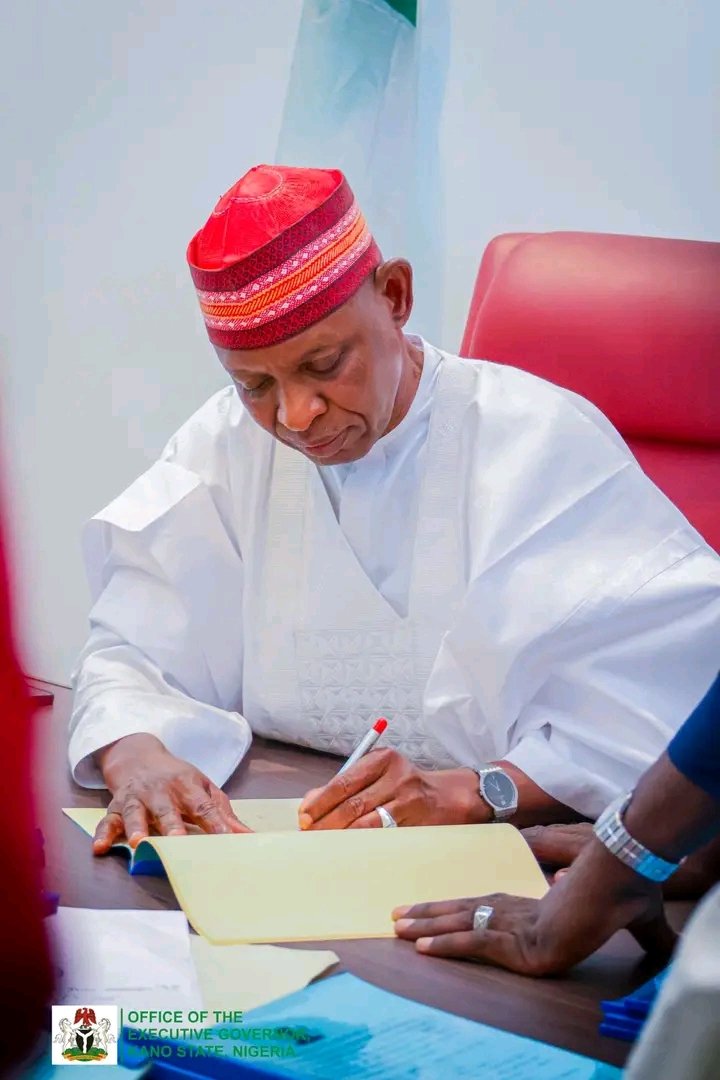KANO, Nigeria – Yobe State Emergency Management Agency (SEMA) has raised concerns over shrinking funding and declining international support, warning that these challenges could undermine progress made in resettling internally displaced persons (IDPs) in the state.
Speaking on Channels Television’s The Morning Brief on Wednesday, SEMA’s Executive Secretary, Mohammed Goje, said the state has moved away from temporary IDP camps and is now focused on more sustainable, community-based solutions. “In Yobe State, the context is entirely different. We have already moved from IDPs in camps to a more realistic and durable solution,” Goje said.
He noted that while the majority of displaced residents have returned home, communities like Mandunari still face setbacks due to ongoing reconstruction of critical infrastructure including homes, health care centres, and security posts.
Despite gains in security, Goje highlighted the “larger burden” now placed on the state government to support IDPs returning to their ancestral homes and livelihoods.
“Even though there have been tremendous improvements, the return of IDPs comes with a larger burden — resettlement, livelihoods, and reconnecting them with their ancestral trades,” he added.
To address the evolving humanitarian needs, especially among rural and nomadic populations, Yobe SEMA has introduced a three-pathway approach: voluntary return, local integration, or full relocation — each supported by housing and development packages.
He also announced a new IDP policy to close service gaps in health, water, environment, and education.



